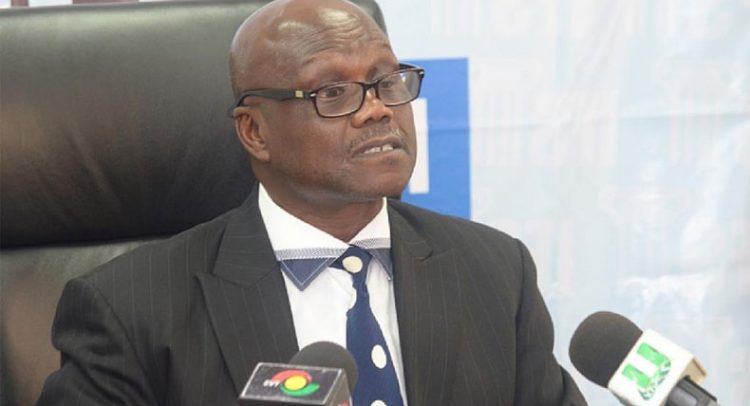Prof Newman Kusi
THE INSTITUTE for Fiscal Studies (IFS) has described as worrying the surge in Government’s extra-budgetary borrowing activities, because it hinders effective fiscal control, weakens fiscal policy credibility and transparency, and conceals Government’s true fiscal position and indebtedness.
In its latest economic review ahead of the mid-year budget presentation on Monday, July 29, 2019, by the Finance Minister, the IFS noted that indulgence in extra-budgetary expenditures compromised the credibility and effectiveness of the recently-legislated budget deficit ceiling (5% of GDP) in ensuring fiscal discipline, since the ceiling was applicable only to fiscal operations covered by the budget.
“We believe it is time the coverage of the budget and the government’s financial statement was extended from central to consolidated general government level to fully capture all expenditure and borrowing by statutory funds, local government units, and all other institutions performing the activities of government. Presently, the narrow budget and financial statement coverage hinders a comprehensive analysis of overall fiscal policy and its macroeconomic impact, and also limits accountability.
“To prevent the debt burden from persisting on an upward trajectory, the government must come forward with a strategy to set the debt ratio on a reducing course as soon as possible. The strategy should incorporate strong revenue policies, in particular, to enable critical expenditures, such as investment spending, to be protected while debt is reduced,” Leslie Dwight Mensah, an economist with the IFS, told journalists Monday.
It also said: “Government should strengthen the administration and mobilisation of non-direct taxes, where most of the tax revenue undershoot has been concentrated since 2017, as a way to improve revenue performance. To increase non-tax revenue, it should revise those user fees and charges levied by public agencies whose real values have declined due to little or no adjustment for extended periods. Revenue gains stand also to be derived by following through rapidly with the envisaged reform of the tax exemptions regime, in respect of which the government submitted a bill to Parliament in early 2019.”
It continued that the recurrent bouts of exchange rate depreciation, especially at the beginning and towards the end of each year, required a robust and pre-emptive policy response, adding steps must also be taken to limit the country’s exposure to fickle foreign investors in the domestic debt market.
On the need to reinvigorate non-extractive sector economic growth, especially services sector growth, which has been most negatively affected by the financial sector crisis, it said a robust financial sector recovery was needed.
“This implies, crucially, that the government must pay its outstanding bills to private sector contractors and service providers quickly to resolve the arrears overhang that has contributed to the high rate of nonperforming loans in the banking sector and limited lending. The government needs also to step up the fiscal revenue effort to protect growth-inducing investment spending from being slashed further in a bid to attain deficit targets.”
BY Samuel Boadi

